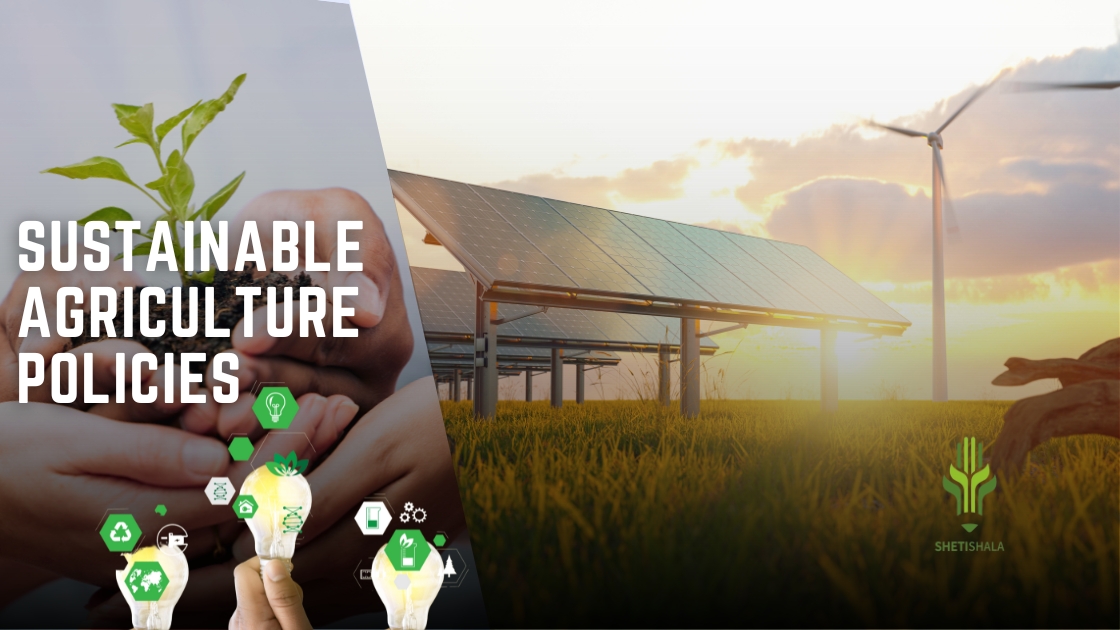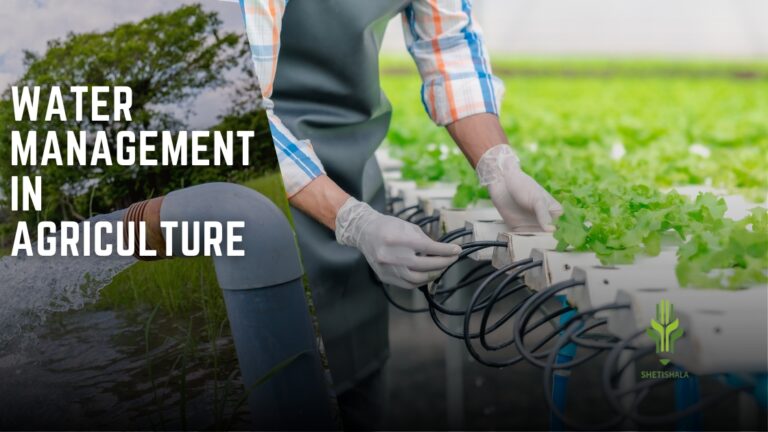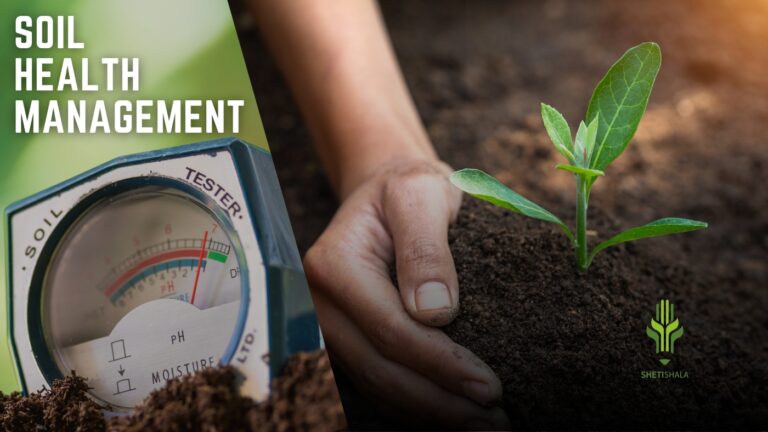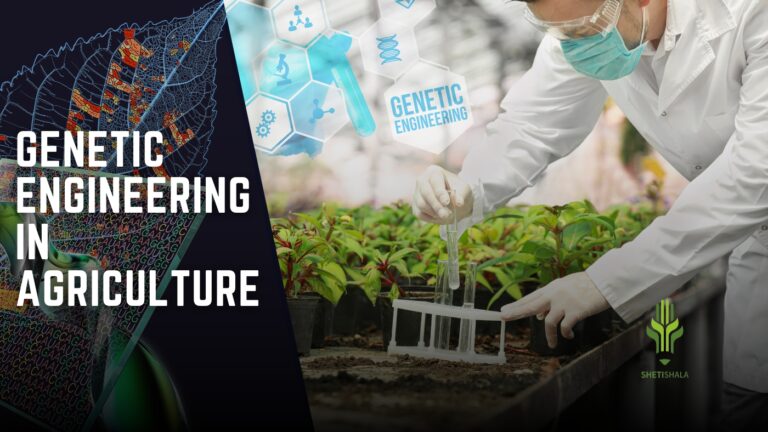Sustainable Agriculture Policies are what this fast paced environment needs, thus in this blog we will see such policies.
Global Perspectives
In the face of escalating environmental challenges and increasing demands for food
security, sustainable agriculture has emerged as a cornerstone of global policy
discussions. This blog explores the multifaceted realm of sustainable agriculture policies,
examining their importance, global initiatives, implementation challenges, technological
innovations, and future prospects.
Importance of Sustainable Agriculture
Sustainable agriculture encompasses practices that maintain or enhance environmental
quality, economic profitability, and social equity, all while preserving natural resources for
future generations.

The importance of adopting sustainable agriculture policies is
underscored by several key imperatives:
Environmental Conservation:
Traditional agricultural practices often contribute to
deforestation, soil degradation, water pollution, and biodiversity loss. Sustainable
agriculture aims to mitigate these impacts through practices such as conservation tillage,
agroforestry, and integrated pest management.
Food Security:
With a growing global population projected to reach 9.7 billion by 2050,
ensuring food security without compromising environmental integrity is paramount.
Sustainable agriculture practices enhance resilience to climate change, variability in
weather patterns, and natural disasters.
Economic Viability:
Sustainable agriculture practices can enhance farm productivity,
reduce input costs, and open new market opportunities for farmers engaged in eco-friendly
production methods. This contributes to the long-term economic viability of agricultural
enterprises.
Global Initiatives and Policy Frameworks
Governments, international organizations, and non-governmental entities worldwide have
increasingly prioritized sustainable agriculture through policy frameworks and
collaborative initiatives:

United Nations Sustainable Development Goals (SDGs):
SDG 2 aims to end hunger,
achieve food security, improve nutrition, and promote sustainable agriculture. This goal
underscores the global commitment to integrating sustainable practices into agricultural
systems.
National Policies and Strategies:
Many countries have developed national policies and
strategies that promote sustainable agriculture. These policies often include incentives for
adopting conservation practices, support for research and innovation, and regulatory
frameworks to promote sustainable farming practices.
International Agreements:
Agreements such as the Paris Agreement on climate change
and the Convention on Biological Diversity highlight the interconnectedness of
environmental sustainability with agricultural practices. These agreements provide
frameworks for collaboration and coordination on global environmental goals.
Challenges in Implementation
Despite the recognized benefits of sustainable agriculture, several challenges hinder
widespread adoption and effective implementation of sustainable agriculture policies:
Knowledge and Awareness:
Farmers may lack access to information, training, and
resources needed to transition to sustainable practices. Extension services and
educational programs play a crucial role in bridging this knowledge gap.
Financial Constraints:
Initial investments in sustainable agriculture practices, such as
organic certification, adoption of precision agriculture technologies, and infrastructure
improvements, can be cost-prohibitive for smallholder farmers.
Policy Coherence:
Ensuring coherence among agricultural policies, environmental
regulations, and economic incentives is essential for effective implementation. Conflicting
policies or inadequate coordination between sectors can undermine sustainability efforts.
Technological Innovations in Sustainable Agriculture
Advancements in technology are pivotal in overcoming barriers to sustainable agriculture
and enhancing productivity while minimizing environmental impacts:
Precision Agriculture:
Utilizing satellite imagery, GPS mapping, and sensors, precision
agriculture optimizes inputs such as water, fertilizers, and pesticides, reducing waste and
environmental footprint.

Biotechnology:
Genetically modified organisms (GMOs) and gene editing technologies
offer potential solutions for increasing crop resilience to pests, diseases, and climate
stresses.
Agroecology:
Drawing on principles of ecology, agroecological practices promote
biodiversity, soil health, and natural pest control through techniques like crop rotation,
polyculture, and cover cropping.
Future Prospects and Emerging Trends
Looking ahead, the future of sustainable agriculture policies is shaped by evolving global
trends and challenges:

Climate Resilience:
Policies focusing on climate-smart agriculture will continue to gain
prominence, integrating practices that enhance resilience to extreme weather events and
mitigate greenhouse gas emissions.
Digital Transformation:
The integration of digital technologies, including blockchain for
supply chain transparency and artificial intelligence for predictive analytics, will
revolutionize agricultural systems, enhancing efficiency and sustainability.
Inclusive Growth:
Ensuring equitable access to sustainable agriculture technologies and
benefits for smallholder farmers, women, and marginalized communities remains a critical
priority.
Conclusion
Sustainable agriculture policies are pivotal in addressing the interconnected challenges of
food security, environmental sustainability, and economic development on a global scale.
By fostering collaboration among stakeholders, investing in research and innovation, and
aligning policies with global environmental goals, governments and international
organizations can pave the way for a resilient and sustainable agricultural future.
As we navigate the complexities of a rapidly changing world, the adoption of sustainable
agriculture policies offers not only a pathway to environmental stewardship but also a
foundation for inclusive economic growth and social well-being. By embracing innovation,
knowledge-sharing, and collective action, we can ensure that agriculture continues to
thrive while safeguarding our planet for future generations.




